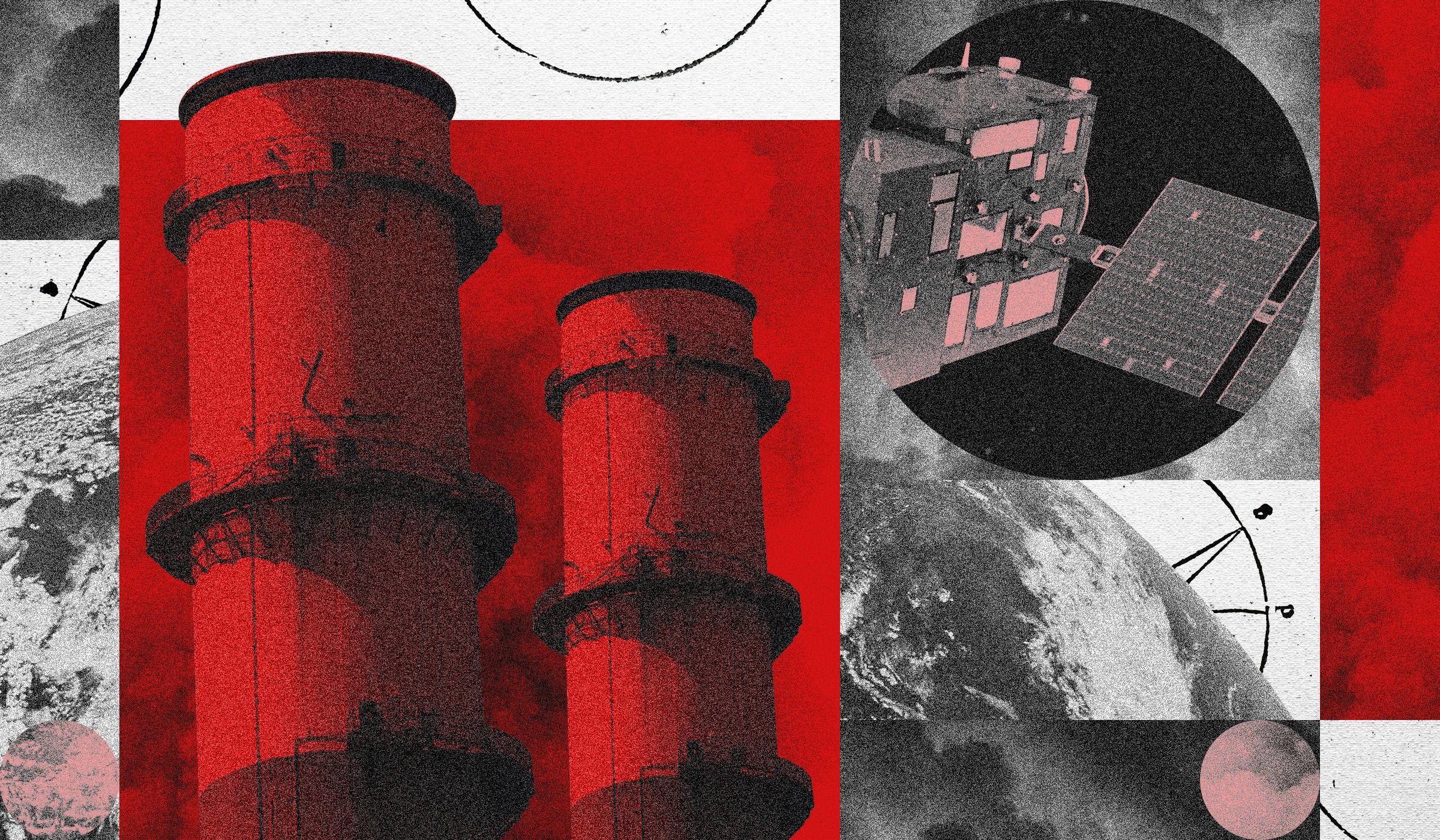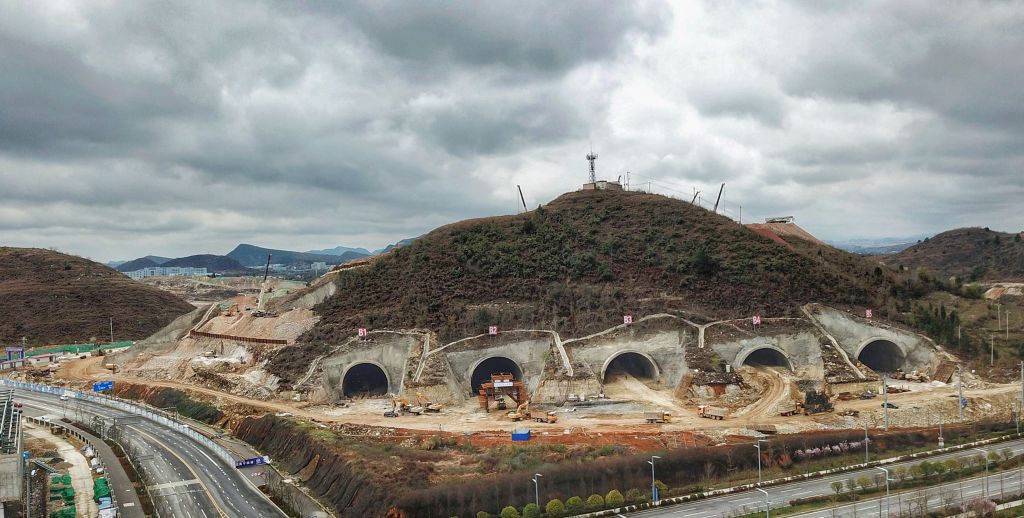The EPA Is Ending Greenhouse Gas Data Collection. Who Will Step Up to Fill the Gap?
The EPA Is Ending Greenhouse Gas Data Collection. Who Will Step Up to Fill the Gap?
Recently, the Environmental Protection Agency (EPA) announced that it will be ending its…

The EPA Is Ending Greenhouse Gas Data Collection. Who Will Step Up to Fill the Gap?
Recently, the Environmental Protection Agency (EPA) announced that it will be ending its collection of greenhouse gas emissions data from oil and gas industry facilities. This decision has raised concerns among environmentalists and policymakers, as accurate data on greenhouse gas emissions is crucial for combating climate change.
With the EPA stepping back from this important task, the question arises: who will step up to fill the gap? Some advocacy groups are calling on state and local governments to take on the responsibility of collecting and reporting greenhouse gas data. Others are looking to non-profit organizations and research institutions to help fill the void left by the EPA.
Regardless of who ultimately takes on this crucial task, one thing is clear: without accurate and comprehensive data on greenhouse gas emissions, it will be much harder to track progress towards reducing emissions and meeting climate goals. The EPA’s decision to end data collection in this area is a setback for environmental efforts.
However, some are hopeful that the private sector will step in to help fill the void. Companies that are committed to sustainability and reducing their carbon footprint may see an opportunity to lead by example and voluntarily report their greenhouse gas emissions data.
Ultimately, the responsibility for collecting and reporting greenhouse gas data may fall to a combination of government agencies, non-profit organizations, research institutions, and the private sector. Collaboration will be key in ensuring that accurate and reliable data on greenhouse gas emissions continues to be collected and reported.
As the EPA’s role in this area becomes uncertain, it is clear that all stakeholders must come together to address the gap left by the agency’s decision. The future of our planet and our ability to combat climate change may depend on it.






